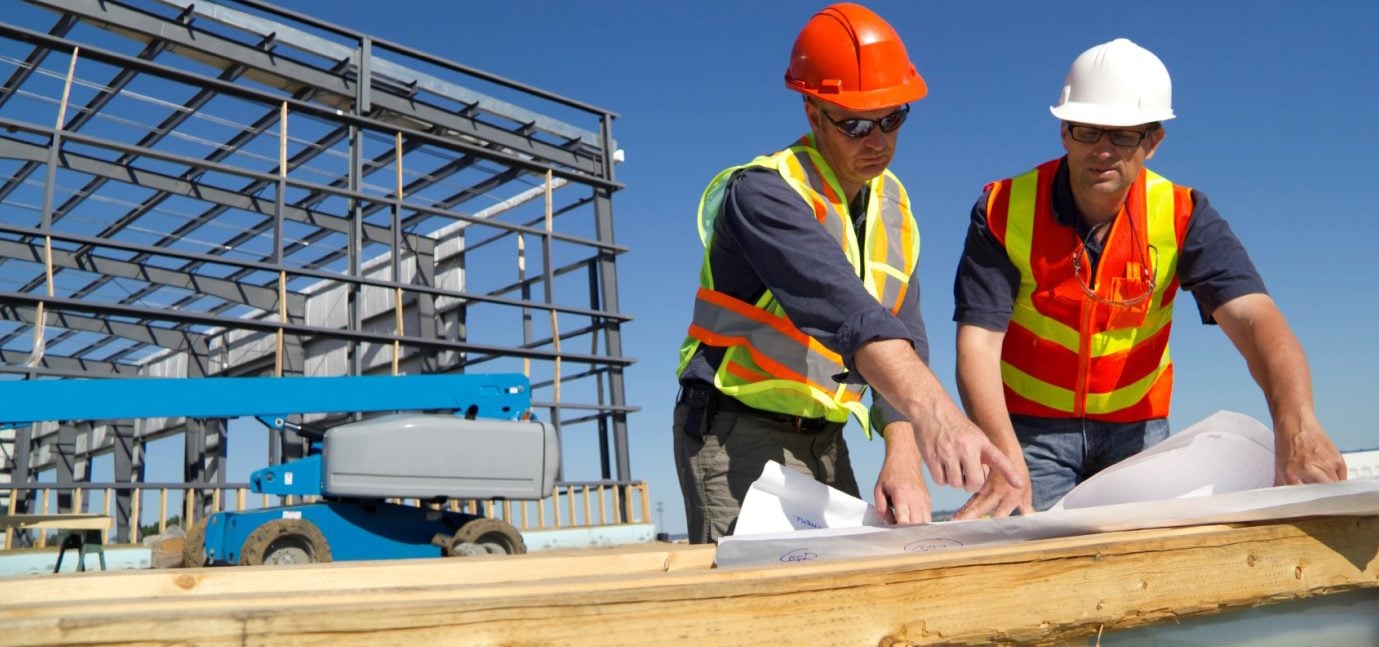
Construction and project management services are essential for delivering construction projects on time, within budget, and to the required quality. They involve overseeing every stage from planning and design through execution and completion, ensuring smooth coordination among all parties involved. Effective construction project management minimizes risks and enhances efficiency by combining technical skills with strong communication and leadership.
These services cover a broad range of tasks, including budgeting, scheduling, resource allocation, and quality control. Project managers serve as the central point of contact, addressing challenges and making decisions to keep the project aligned with its goals. This integrated approach helps prevent costly delays and ensures client expectations are met.
In today’s complex construction environment, professional management is especially valuable for large or multifaceted projects. By leveraging expertise in planning and execution, construction management services provide a structured framework that increases the likelihood of project success.
Core Construction and Project Management Services
Core construction and project management services address the critical elements of planning, budgeting, and procurement needed for efficient project execution. These services focus on coordinating timelines, controlling costs, and managing supplier relationships to meet project goals.
Project Planning and Scheduling
Core project planning involves creating detailed timelines that map every phase of construction from design through completion. Effective scheduling identifies key milestones, allocates resources, and anticipates potential delays.
Project managers use tools like Gantt charts and critical path analysis to ensure the project stays on schedule. They coordinate with architects, engineers, and contractors to align all parties’ efforts.
Regular updates and adjustments to the plan are essential, allowing the team to respond to unforeseen changes without compromising deadlines or quality standards.
Cost Estimation and Budgeting
Cost estimation begins at the conceptual stage, focusing on realistic price assessments for materials, labor, and equipment. Accurate budget forecasting helps avoid overruns by setting financial parameters early.
Core services emphasize detailed breakdowns of expenses, contingency allowances, and periodic cost reviews during construction. This financial oversight ensures spending aligns with approved budgets.
Owners receive transparent reports outlining variances and cost-control strategies, allowing informed decisions throughout the project lifecycle.
Procurement Management
Procurement management oversees the sourcing and purchasing of materials and subcontractor services needed for the project. The process includes supplier evaluation, contract negotiation, and order tracking.
Timely procurement ensures materials arrive when required, preventing schedule disruptions. Core teams often leverage relationships with reliable vendors to secure competitive pricing and quality.
Effective procurement also involves monitoring compliance with specifications and managing risks associated with supply chain delays or shortages.
Specialized Project Delivery Solutions
Effective project delivery requires precise handling of risks, strict quality controls, and intentional sustainability practices. Each aspect plays a vital role in ensuring projects meet budget, timeline, and performance goals while complying with regulations and reducing environmental impact.
Risk Assessment and Compliance
Risk assessment focuses on identifying potential threats that could affect project scope, cost, or schedule. This includes analyzing site conditions, regulatory constraints, and stakeholder impacts early in the planning phase.
Compliance involves ensuring all activities meet applicable laws, codes, and industry standards. This reduces legal exposure and project delays.
Key components include:
- Risk identification: Technical, financial, and operational risks
- Risk analysis: Probability and impact evaluation
- Mitigation strategies: Contingency planning and risk transfer
- Regulatory adherence: Permits, safety standards, and environmental rules
Systematic risk management supports proactive decision-making and smoother project execution.
Quality Assurance Processes
Quality assurance (QA) focuses on preventing defects and ensuring project deliverables meet predefined standards. QA spans design reviews, material inspections, and process monitoring throughout project phases.
Critical practices in QA include:
- Documentation: Clear quality plans and checklists
- Inspection frequency: Scheduled audits and milestone inspections
- Nonconformance management: Tracking and resolving issues promptly
- Continuous improvement: Feedback loops to refine processes
QA teams coordinate closely with contractors and suppliers, maintaining standards to avoid rework and cost overruns.
Sustainability Integration
Sustainability integration in project delivery addresses environmental, social, and economic impacts of construction activities. This involves energy-efficient design, waste reduction, and selecting eco-friendly materials.
Key elements are:
- Resource efficiency: Minimizing material waste and energy use
- Environmental impact assessment: Evaluating emissions and habitat disruption
- Social responsibility: Engaging communities and ensuring worker health
- Long-term value: Designing for durability and future adaptability
Integrating sustainability optimizes project outcomes while meeting increasing regulatory and stakeholder demands.
